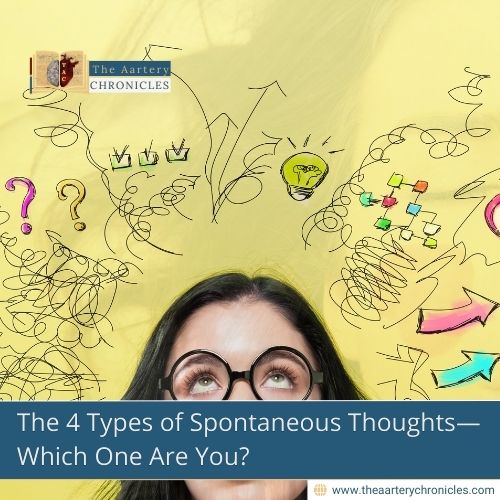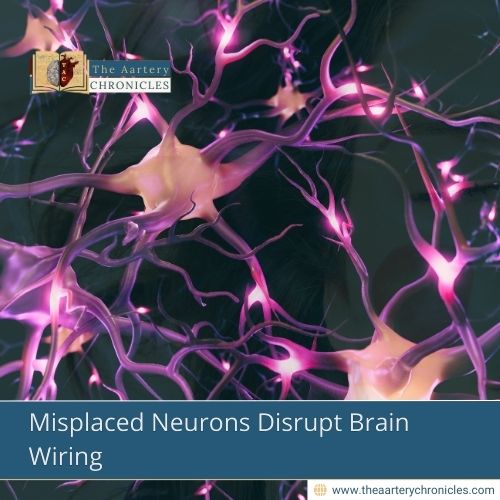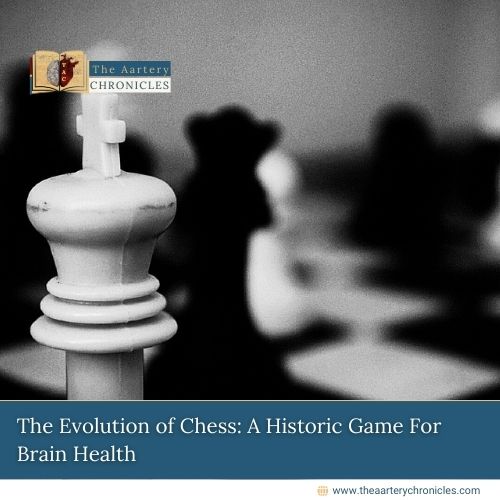
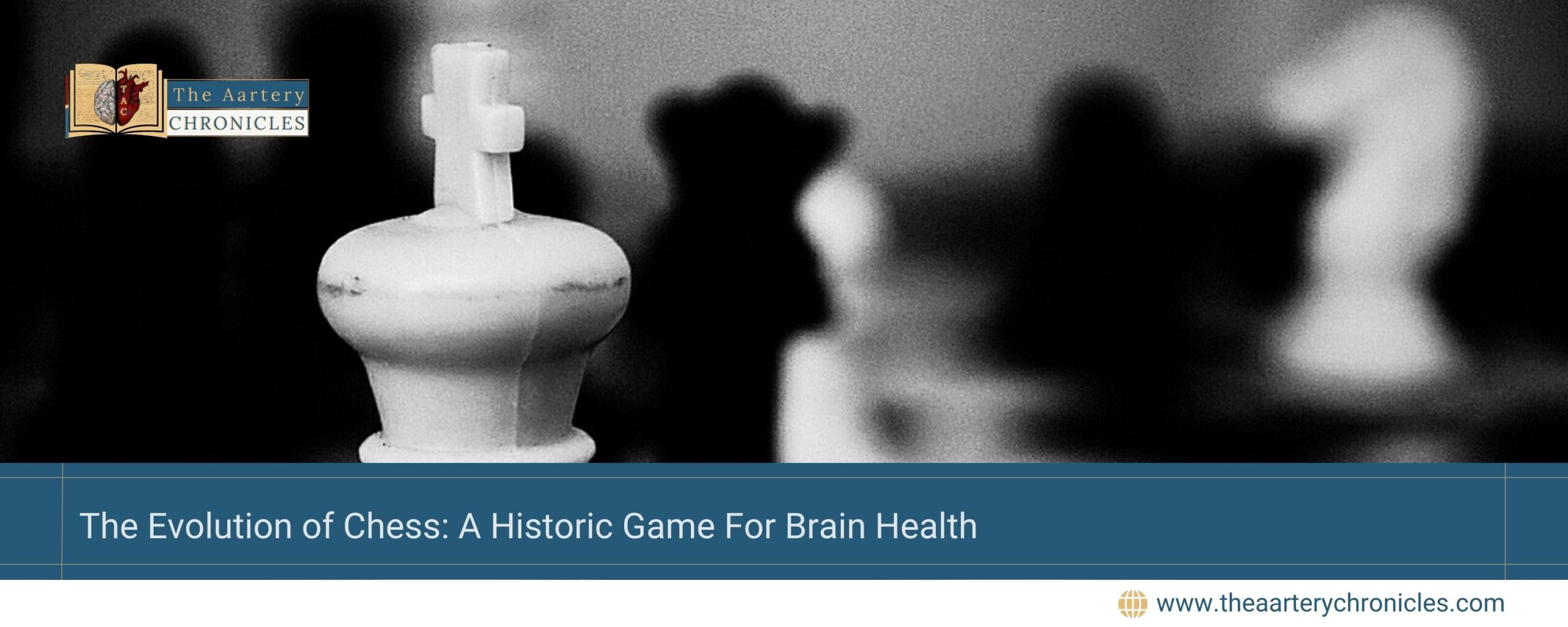
The Evolution of Chess: A Historic Game For Brain Health
Introduction - The Great Win
Historic And Exemplary!
Gukesh D’s recent accomplishment is a testament to his immense hard work and unparalleled talent. It marks a significant milestone in the chess world, at just the age of 18 Gukesh became the youngest chess player in history after defeating Ding Liren. The great win was achieved in the final game of a tense 14-game match.
Chess Through Ages
No game in the world holds such an important place in the history as chess. It is believed to be the most intellectual and oldest, cosmopolitan pastime known to the civilisation.
The great game of chess originated in the holy soil of the Indian motherland and was called ‘Chaturanga’ (Sanskrit) which is the oldest name for chess. Mainly used as an adjective in the sense, ‘chatur’ – four and ‘anga’ – limbs which may represent the army. The word Chaturanga is frequently mentioned in the epics Ramayana and Mahabharat, where it is used to describe various strategic formations and military tactics on the battleground. The game may have been inspired by the narratives from these epics.
Chaturanga is believed to have originated during the Gupta Empire, around the 6th century AD. The game significantly reflected the military organization of that time, including pieces that characterized infantry, cavalry, elephants, etc. The structure of the game at the time was an 8×8 board involving two players. Further on the game spread towards Persia where it came to be known as Shatranj and was introduced later in Europe during the 10th century.
The first officially recognized modern chess tournament took place in London in 1851. This landmark event played a pivotal role in sparking greater public interest in the game. Later in around 1924, an organization called Fédération Internationale des Échecs (FIDE) was established which formalized the international chess competitions and introduced titles such as Grandmaster.
Chess and Neurophysiological Research
Among the wide variety of board games and brain training games such as crosswords, Sudoku, and Rubik’s cube, Chess is a highly popular and highly researched game.
Simon and Chase in 1973 identified the potential of chess as drosophila for cognitive psychology research. Similar to how drosophila is for genetic research, chess has emerged as a model organism for research particularly on cognitive differences and a range of neurophysiological conditions. The connection between chess and cognitive development has gained significant recognition, leading to its inclusion in research protocols by projects like Harvard’s ‘Chess Cognition Project.’
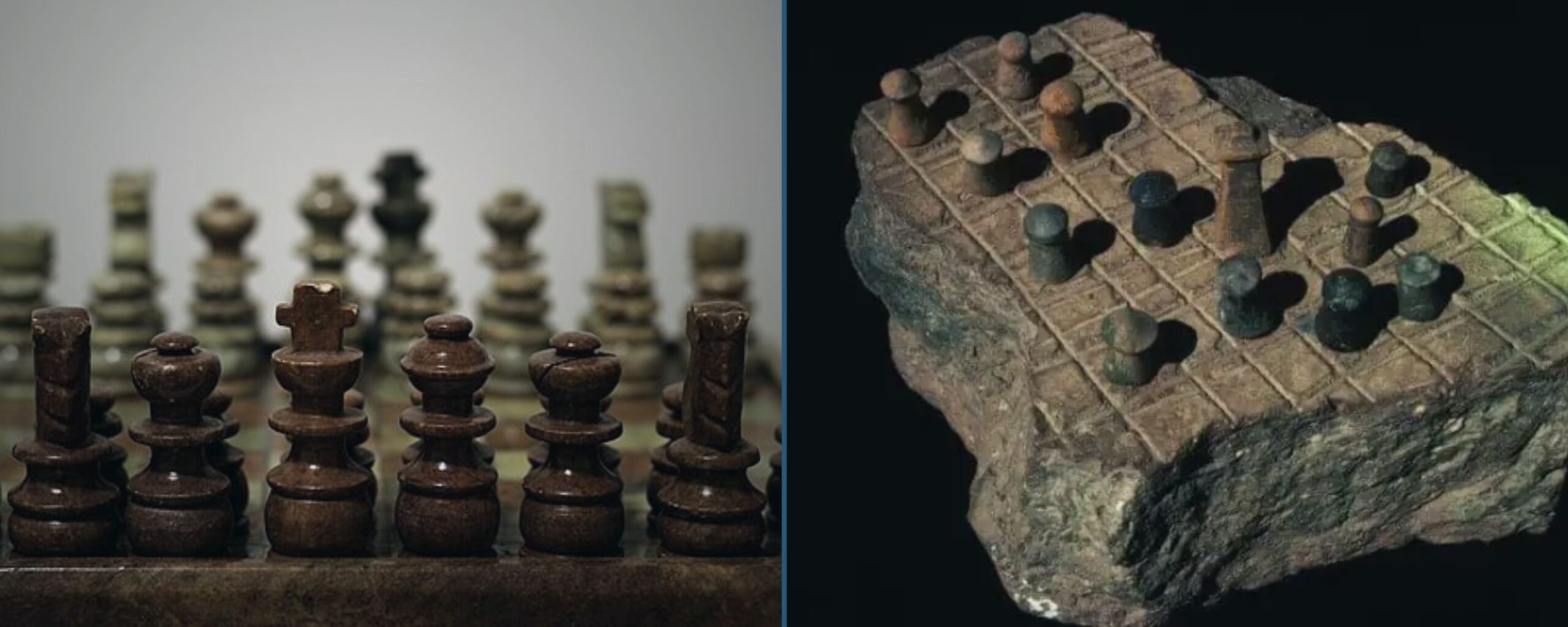
Chess for Improving Mental Ability
Chess improves self-esteem, and self-confidence and encourages improvement. It prevents depression and anxiety significantly enhancing visual memory and visual perception.
Brain Growth: Brain-challenging games like chess trigger the growth of dendrites, which are responsible for sending signals from the neuron cells. The growth of dendrites leads to enhanced neural communication within the brain.
IQ: Some studies have shown that playing chess can aid in raising IQ. A Venezuelan study showed that chess instruction for four months significantly raised the IQ scores in boys and girls.
Problem-Solving Skills: Chess is a game that necessitates thinking fast and on-point problem-solving skills. A study executed on 450 students from 5th-grade students in 1992 indicated that students who played chess did remarkably well in standardized tests compared to those who did not indulge in chess.
Memory: Studies show that individuals who are expert chess players have considerably better auditory memory function. Along with that chess involves remembering complex strategies and moves and anticipating upcoming moves at the same time. This mental exercise acts as a brain workout resulting in improved short-term and long-term memory.
Age-related brain changes: A study published in The New England Journal of Medicine shows that individuals over 75 who regularly indulge in brain games such as chess are less likely to develop signs of dementia. Chess offers various cognitive advantages that may significantly delay or prevent Alzheimer’s disease to a greater extent. Moreover, the overall benefits such as enhancing memory, critical thinking etc. make the game an important indulgence for maintaining cognitive health.
- Various Media Sources
- XIII.—The Origin and Early History of Chess | Cambridge University Press
- A History of Chess: From Chaturanga to the Present Day | Yuri Averbakh
- Chess and the human brain- Demystifying the therapeutic value of a board game | Journal of High School Science, 7(3), 2023
- Roll of chess game to improve mental ability | International Journal of Physiology, Nutrition and Physical Education
- Auditory memory function in expert chess players | NCBI








